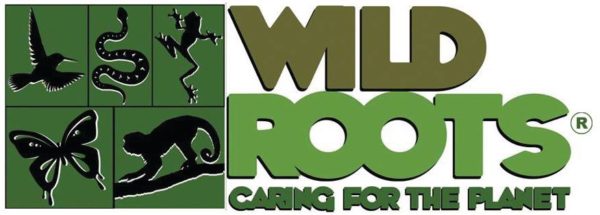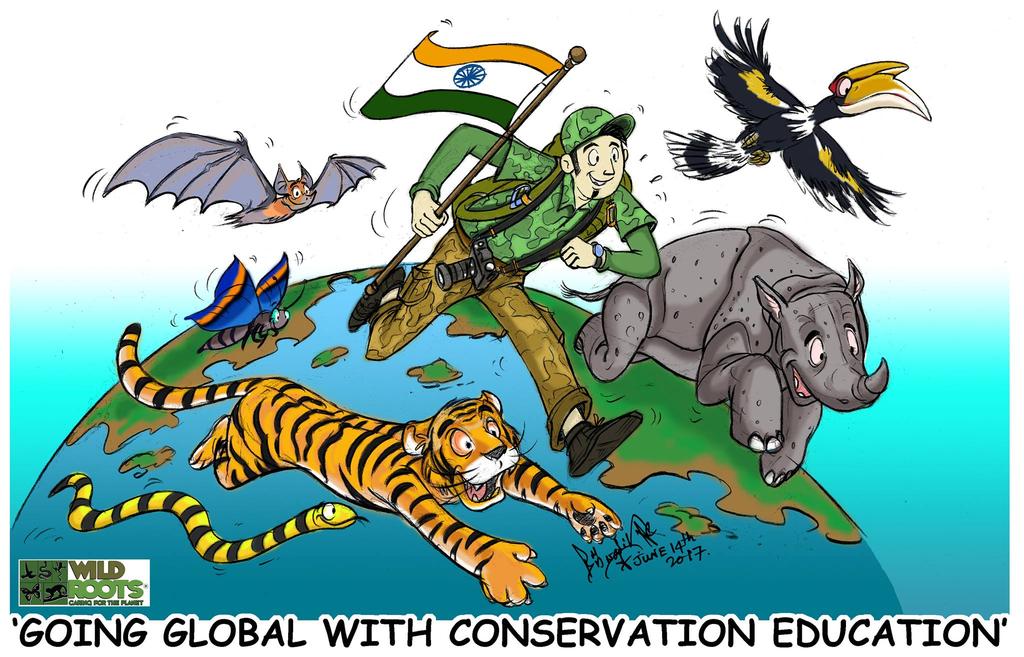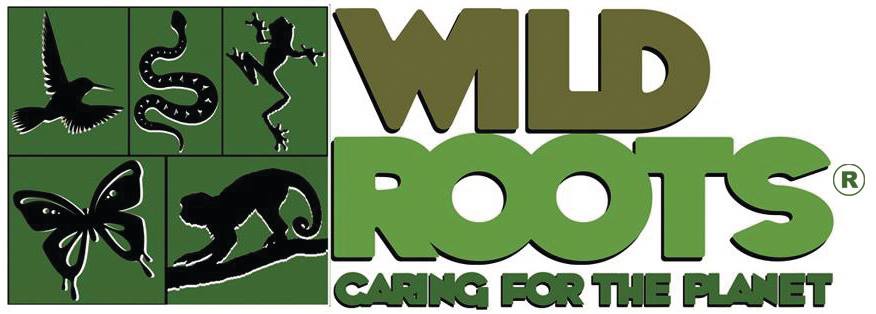
WildRoots-India is one of North-east India’s only organisation that actively works only on ‘Conservation Education & Design’. We not only try to engage the communities and the youth through nature and biodiversity surveys in various parts of North-East India but also actively engage widely with educational institutions such as schools and colleges in both rural and urban settings.
Our sustainable action plan had a vision of bringing both the student communities under a common education platform where they could interact and exchange knowledge and information, and collaboratively work together, for a common goal. We believe that the younger generation has a central role to play in taking forward the baton of conservation and sustainability.
Using design as a tool to connect the members, participants and interns, we try to bring in the conservation paradigms to everyone, as we strongly believe that environmental protection, climate change mitigation and conservation is becoming the sole property of only the individuals who come from scientific or wildlife biology backgrounds.
Active engagement through creative and realistic action plans is our approach. Our work has been recognised and is done in collaboration with many institutions, both in India and abroad. Our strategic collaborations with the Green School Alliance and Children & Nature Network, USA, IUCN CEC & IUCN #NatureForAll have ensured a steady flow of useful and pertinent knowledge systems and enhanced exposure of students to work being done in several parts of the world. Students are our ray of hope. Their involvement and commitment to global and local conservation concerns have a big role to play in ensuring ‘optimism’ among our group.
Through our membership with ConservationNOW, we envision building on and radiating this optimism among several other members, and in the process, learn from them. We envision that an effective network of optimistic groups is the need of the hour when the world is rife with dismay and hopelessness, something that our target groups are particularly susceptible to. We believe that this will also enhance inclusivity and amplify voices of the ones who are often unheard in the global discourse of conservation and sustainability. Finally, we come as learners and hope that this engagement will leave us a little bit wiser, a little more informed.


